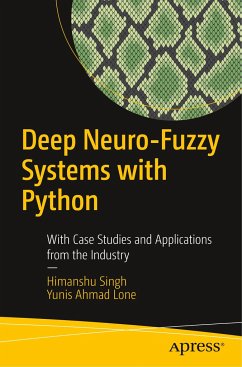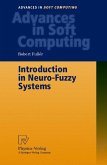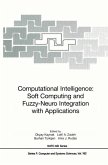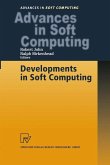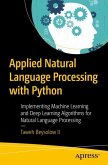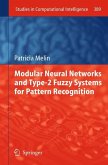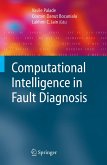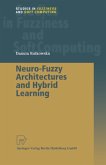Gain insight into fuzzy logic and neural networks, and how the integration between the two models makes intelligent systems in the current world. This book simplifies the implementation of fuzzy logic and neural network concepts using Python.
You'll start by walking through the basics of fuzzy sets and relations, and how each member of the set has its own membership function values. You'll also look at different architectures and models that have been developed, and how rules and reasoning have been defined to make the architectures possible. The book then provides a closer look at neural networks and related architectures, focusing on the various issues neural networks may encounter during training, and how different optimization methods can help you resolve them.
In the last section of the book you'll examine the integrations of fuzzy logics and neural networks, the adaptive neuro fuzzy Inference systems, and various approximations related to the same. You'll review different types of deep neuro fuzzy classifiers, fuzzy neurons, and the adaptive learning capability of the neural networks. The book concludes by reviewing advanced neuro fuzzy models and applications.
What You'll Learn
Understand fuzzy logic, membership functions, fuzzy relations, and fuzzy inferenceReview neural networks, back propagation, and optimizationWork with different architectures such as Takagi-Sugeno model, Hybrid model, genetic algorithms, and approximations Apply Python implementations of deep neuro fuzzy system
Who This book Is For
Data scientists and software engineers with a basic understanding of Machine Learning who want to expand into the hybrid applications of deep learning and fuzzy logic.
You'll start by walking through the basics of fuzzy sets and relations, and how each member of the set has its own membership function values. You'll also look at different architectures and models that have been developed, and how rules and reasoning have been defined to make the architectures possible. The book then provides a closer look at neural networks and related architectures, focusing on the various issues neural networks may encounter during training, and how different optimization methods can help you resolve them.
In the last section of the book you'll examine the integrations of fuzzy logics and neural networks, the adaptive neuro fuzzy Inference systems, and various approximations related to the same. You'll review different types of deep neuro fuzzy classifiers, fuzzy neurons, and the adaptive learning capability of the neural networks. The book concludes by reviewing advanced neuro fuzzy models and applications.
What You'll Learn
Understand fuzzy logic, membership functions, fuzzy relations, and fuzzy inferenceReview neural networks, back propagation, and optimizationWork with different architectures such as Takagi-Sugeno model, Hybrid model, genetic algorithms, and approximations Apply Python implementations of deep neuro fuzzy system
Who This book Is For
Data scientists and software engineers with a basic understanding of Machine Learning who want to expand into the hybrid applications of deep learning and fuzzy logic.

